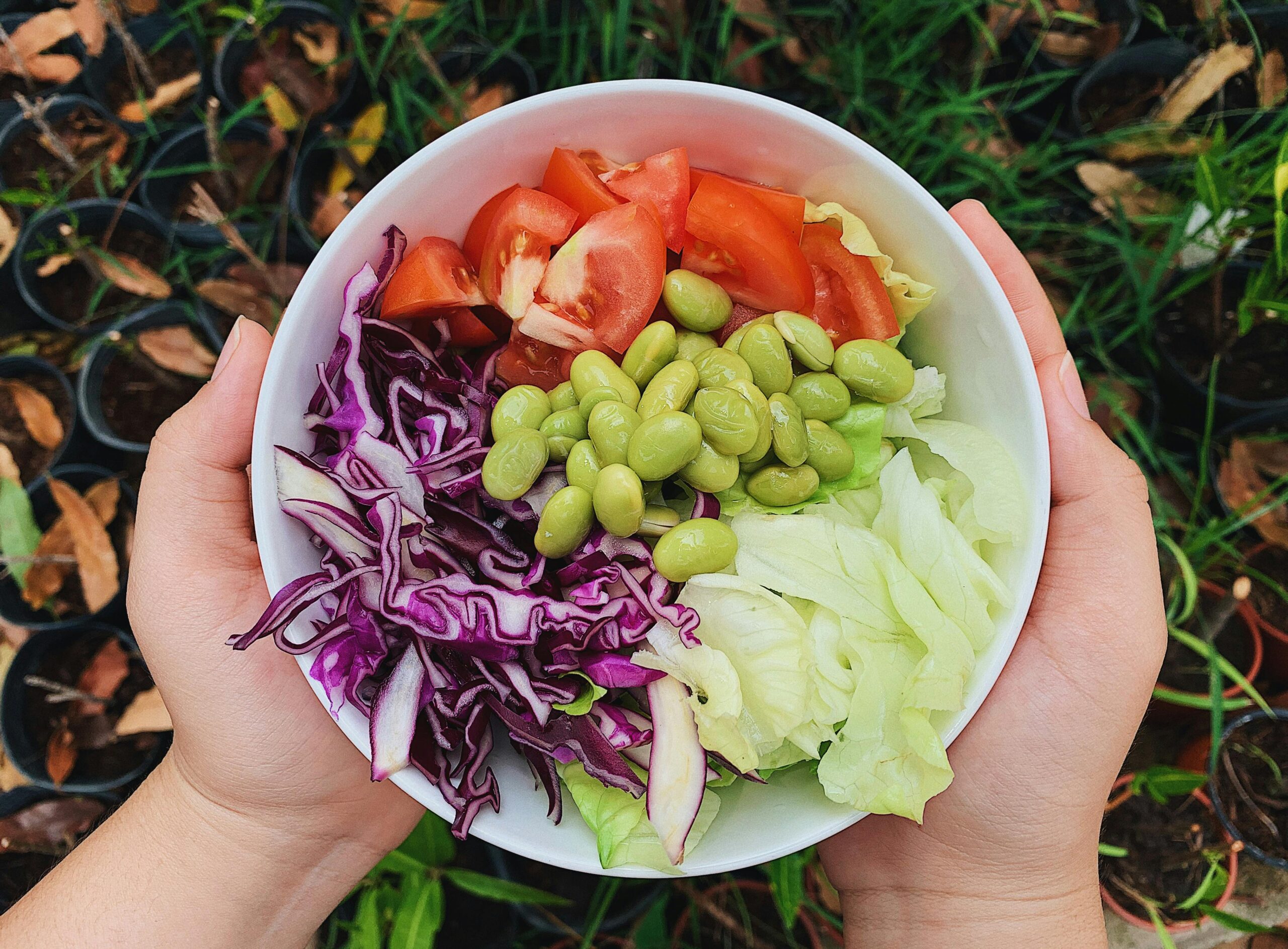Adopting a healthy diet is essential for maintaining overall health and well-being. With countless diet plans available, it can be challenging to choose the right one for your lifestyle and goals. This article explores the seven best diet plans that promote a healthy lifestyle, providing you with practical tips and delicious meal ideas.
Table of Contents
1. Mediterranean Diet
The Mediterranean diet emphasizes whole foods, healthy fats, and plant-based ingredients. Rich in fruits, vegetables, whole grains, legumes, nuts, and seeds, this diet also includes moderate amounts of fish and poultry. Red meat is consumed sparingly. The Mediterranean diet is known for its heart-healthy benefits, including lower risks of cardiovascular disease, and it promotes overall wellness.
Key Components:
- Healthy fats: Use olive oil as a primary fat source.
- Lean protein: Include fish and poultry; limit red meat.
- Fruits and vegetables: Fill your plate with colorful produce.
- Whole grains: Choose brown rice, quinoa, and whole-grain bread.
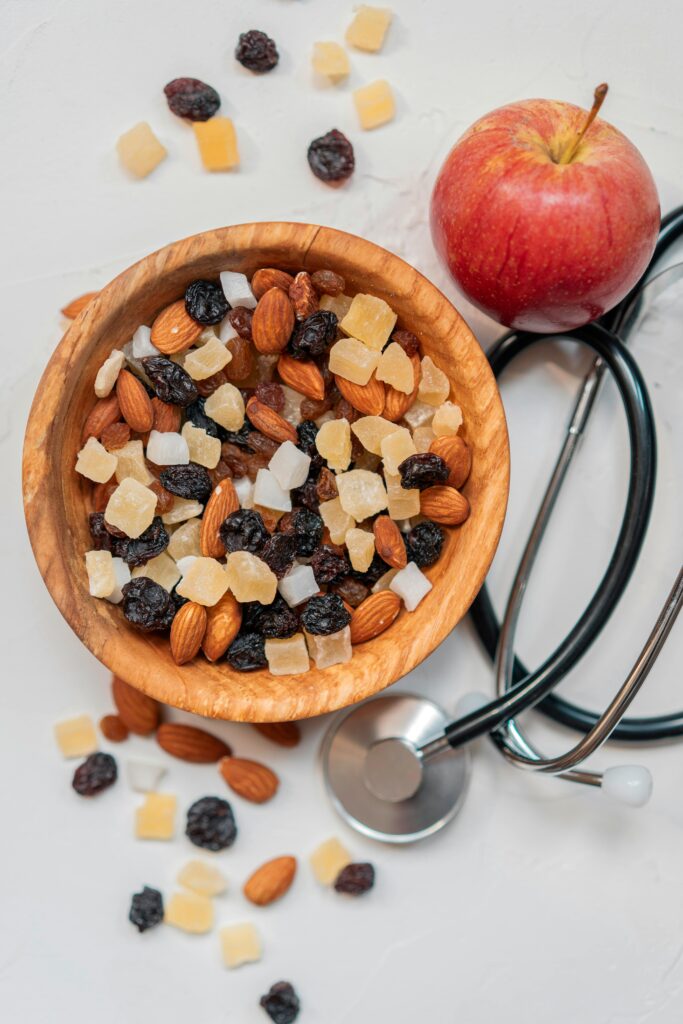

2. DASH Diet (Dietary Approaches to Stop Hypertension)
The DASH diet focuses on reducing sodium intake and promoting heart health. It encourages the consumption of nutrient-dense foods rich in potassium, calcium, and magnesium, which are essential for lowering blood pressure. The DASH diet is ideal for those looking to improve their heart health while enjoying a balanced and varied diet.
Key Components:
- Fruits and vegetables: Aim for at least 4-5 servings each daily.
- Whole grains: Incorporate 6-8 servings of whole grains daily.
- Lean proteins: Include 2 or fewer servings of meat, poultry, or fish.
- Low-fat dairy: Aim for 2-3 servings daily.
3. Plant-Based Diet
A plant-based diet prioritizes whole, unprocessed plant foods while minimizing or eliminating animal products. This diet is rich in vitamins, minerals, and antioxidants, promoting overall health and potentially reducing the risk of chronic diseases. Plant-based eating can also support weight management and enhance energy levels.
Key Components:
- Fruits and vegetables: Fill half your plate with colorful produce.
- Whole grains: Choose quinoa, brown rice, and whole-grain bread.
- Legumes: Incorporate beans, lentils, and peas for protein.
- Healthy fats: Include avocados, nuts, and seeds.
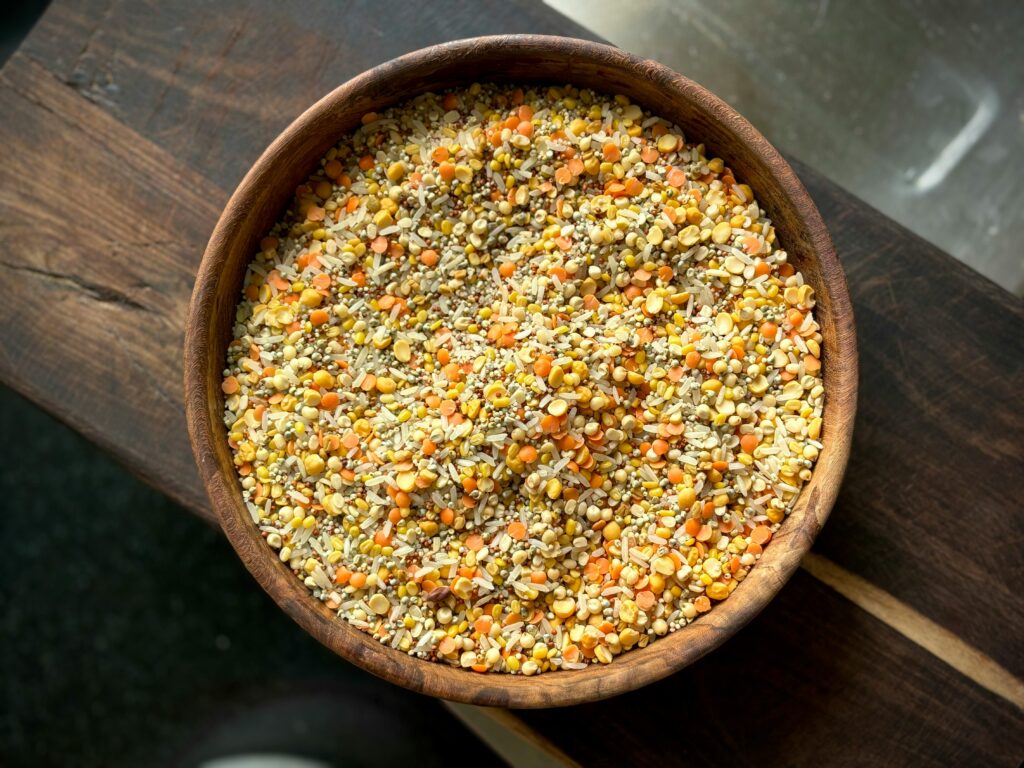
4. Paleo Diet
The paleo diet is based on the idea of eating like our ancestors, focusing on whole foods that were available during the Paleolithic era. This diet emphasizes lean meats, fish, fruits, vegetables, nuts, and seeds while avoiding processed foods, grains, and dairy. The paleo diet promotes weight loss and improved metabolic health.
Key Components:
- Lean proteins: Prioritize grass-fed meats and wild-caught fish.
- Fruits and vegetables: Choose a variety of fresh produce.
- Healthy fats: Incorporate nuts, seeds, and healthy oils.
- Avoid processed foods: Steer clear of grains, legumes, and dairy.

5. Flexitarian Diet
The flexitarian diet offers a flexible approach to eating, allowing for the occasional inclusion of meat and animal products while primarily focusing on plant-based foods. This diet promotes healthy eating patterns without strict rules, making it easier to maintain long-term.
Key Components:
- Plant-based foods: Fill your plate with fruits, vegetables, and whole grains.
- Occasional meat: Enjoy meat, fish, or poultry in moderation.
- Focus on whole foods: Minimize processed foods and added sugars.
- Flexibility: Adapt the diet to fit your preferences and lifestyle.
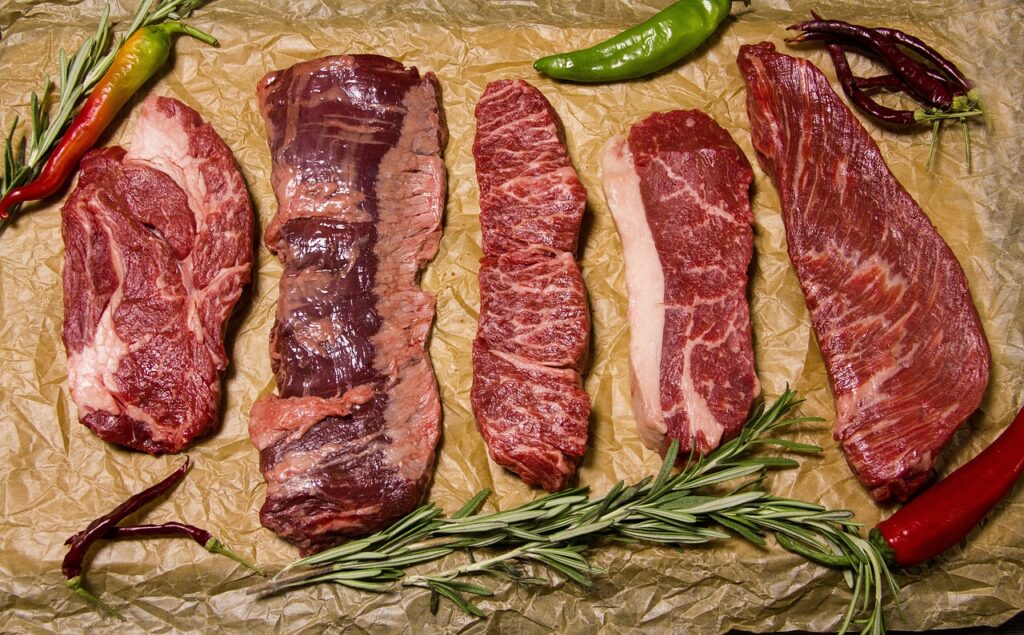
6. Ketogenic Diet
The ketogenic diet (keto) is a low-carbohydrate, high-fat diet designed to shift the body into a state of ketosis, where it burns fat for fuel instead of carbohydrates. While it can be effective for weight loss, it’s essential to approach this diet cautiously and consult with a healthcare professional before starting.
Key Components:
- Low carbohydrates: Limit carbs to about 20-50 grams per day.
- High fats: Consume healthy fats from sources like avocados, nuts, and oils.
- Moderate protein: Include adequate protein from meat, fish, and eggs.
- Focus on whole foods: Avoid processed foods and sugars.
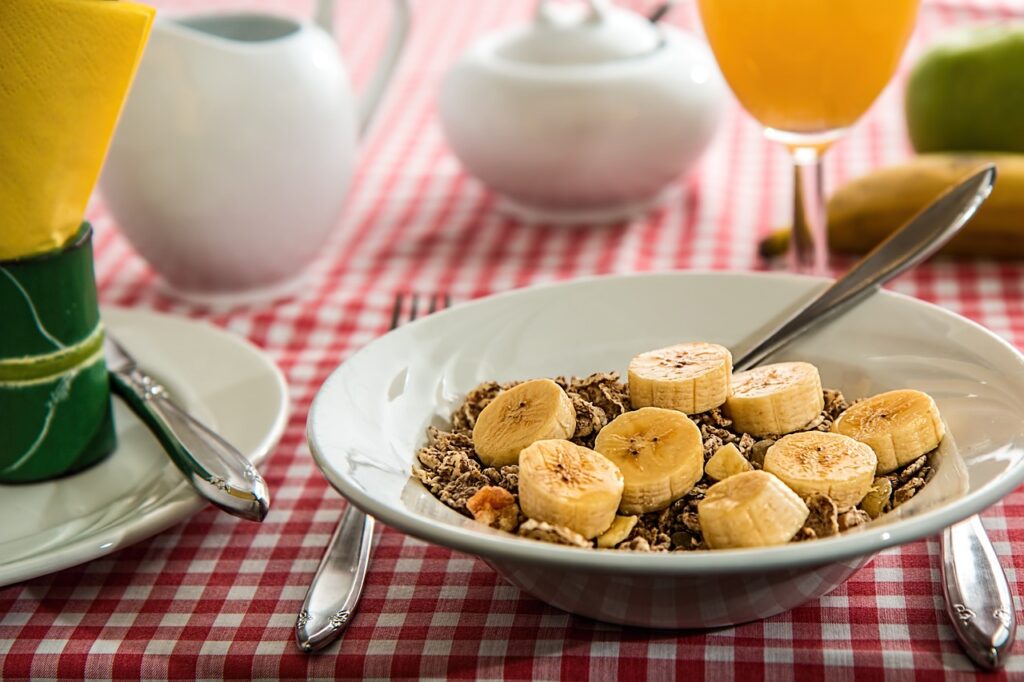
7. Whole30 Program
The Whole30 program is a 30-day dietary reset that eliminates sugar, grains, dairy, legumes, and processed foods. This program encourages participants to focus on whole, unprocessed foods while helping identify food sensitivities and promoting healthier eating habits.
Key Components:
- Whole foods: Emphasize fresh fruits, vegetables, meat, and eggs.
- No added sugar: Eliminate all forms of sugar, including natural sweeteners.
- Avoid grains and legumes: Stay away from all grains and legumes for 30 days.
- No dairy: Exclude dairy products during the program.
Conclusion
Choosing the right diet plan is a crucial step toward achieving a healthy lifestyle. Whether you opt for the Mediterranean diet, DASH diet, or any other plan, it’s essential to find one that aligns with your preferences and health goals. Remember, sustainable changes lead to lasting results. For personalized guidance, feel free to contact our health experts at Health Authentica. We’re here to support you on your journey to better health!
